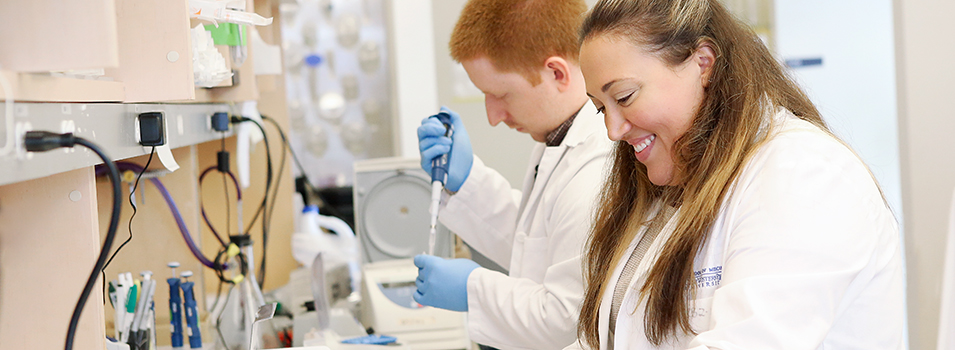
1Who is YSF looking for to mentor students?
The Young Scientist Foundation is looking for mentors who have expertise in biomedical research and have been involved in research for over five years. We are also looking to expand our network of mentors through graduate students and postdoctoral fellows interested in getting involved in mentorship and guiding students with daily assignments in a laboratory setting. In addition, we are interested in engaging faculty members who are interested in dedicating quality time to mentoring students at a significant level. We hope to bring in faculty who can commit time to weekly meetings with high school or college students over the summer months. We want to build a strong mentoring community of academics and scientists who are passionate about teaching and look to spend time with students guiding them through the process of biomedical research, as well as provide career advice.
2What qualities should mentors have?
We believe good mentors are those who enjoy spending time with young minds and can dedicate the time to teaching students and coaching them through the invariable ups and downs of science. Previous research publications, lab equipment and current research projects are certainly important, however, they are not as critical as the desire to teach young generations and pass their knowledge and skills to those eager to learn.
3What geographical areas is YSF looking to have mentors in?
The majority of our students currently come from Northeast Ohio and New York City and we are looking to build relationships with potential mentors in these geographic areas to establish our footprint. However, we are open to exploring our network in other major cities in the future.
4What are the benefits of serving as a mentor?
Serving in an academic institution entails contributing to its mission and enriching the academic environment. All successful researchers are products of mentorship by great people and it is our responsibility to pay it forward, ensuring success for the next generation. Mentorship is one of the most rewarding experiences we can have in our careers. Guiding and teaching contributes to making better scientists, thinkers and leaders. It is meaningful to leave our legacy; it is gratifying to know we trained somebody who later goes on to make significant contributions in biomedical research.
5What is the benefit of joining YSF as a mentor?
Graduate students and postgraduate fellows who serve as mentors, become part of a well-organized program that aligns them with talented high school and college students and exposes them to mentorship at early stages of their career. This allows mentors to develop leadership skills to later attract talent and unite diverse individuals towards a common goal, pushing the boundaries of modern science and uncovering meaningful scientific findings. In addition, young students are the most malleable and teachable; they have high potential to advance if mentored well, which makes mentorship a very rewarding experience.
6Why is mentorship important for high school students?
Our career plans start to take shape when we are teenagers or young adults. For many of us, this is the time of impact and transition that can influence our professional trajectory for years to come. The sooner high school students realize working in the lab can not only influence millions of lives, but it can also be a fun and fulfilling experience, the more likely we are to expand their horizons with the consideration of biomedical research as a viable career option.
7What is the required time commitment for mentors?
We are looking for a minimum commitment of 10 consecutive weeks of mentorship during the summer. We believe it is difficult to effectively train somebody to function in a lab environment with less involvement and want to ensure our trainees benefit from the mentoring experience.
8How does YSF ensure the students are committed to learn?
Our students are selected by our Scientific Advisory Board based on their achievements, academic standing and qualifications. We follow a thorough and formalized selection process, requesting letters of recommendation and grades from their academic institutions. We also interview students to make sure we identify the most talented candidates driven to learn and excel. While many remarkable students have contributed to publishing scientific papers and filing patents through training with The Young Scientist Foundation, we believe it was the individual mentor-mentee relationship that was essential in shaping these achievements. There is no doubt that the students we attract have the talent to make a significant impact; however, they need caring mentors to help them realize their true potential.
9How can mentors apply to YSF?
We require potential mentors to apply online through our website as well as provide a short bio outlining their research and academic experience. The Young Scientist Foundation aims to provide a fulfilling experience for both the mentor and mentee then is evident through our mentoring agreement that outlines responsibilities and expectations for both. It is important to note, however, that we do not want to micro-manage the mentorship process, but rather set clear standards to optimal outcomes.
10What is the timeline for mentor application?
We accept mentors on an ongoing basis throughout the year.
11Is monetary compensation offered for serving as a mentor?
A mentor’s laboratory will receive $1,000 for each student they accept in their lab.
